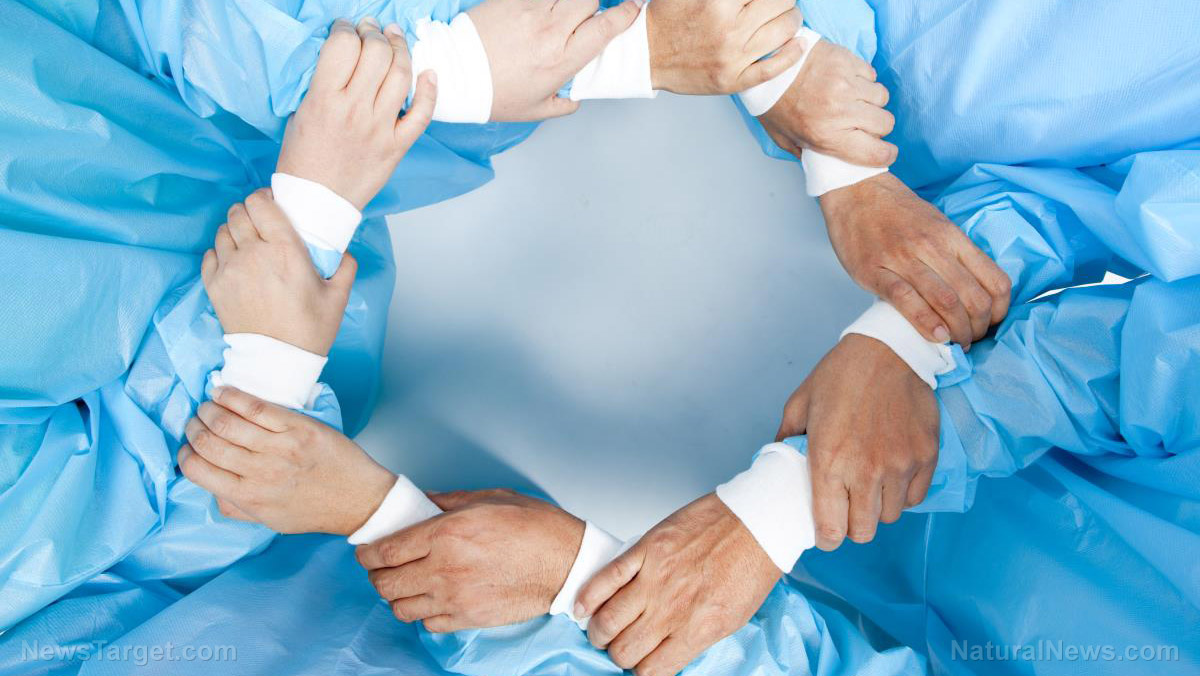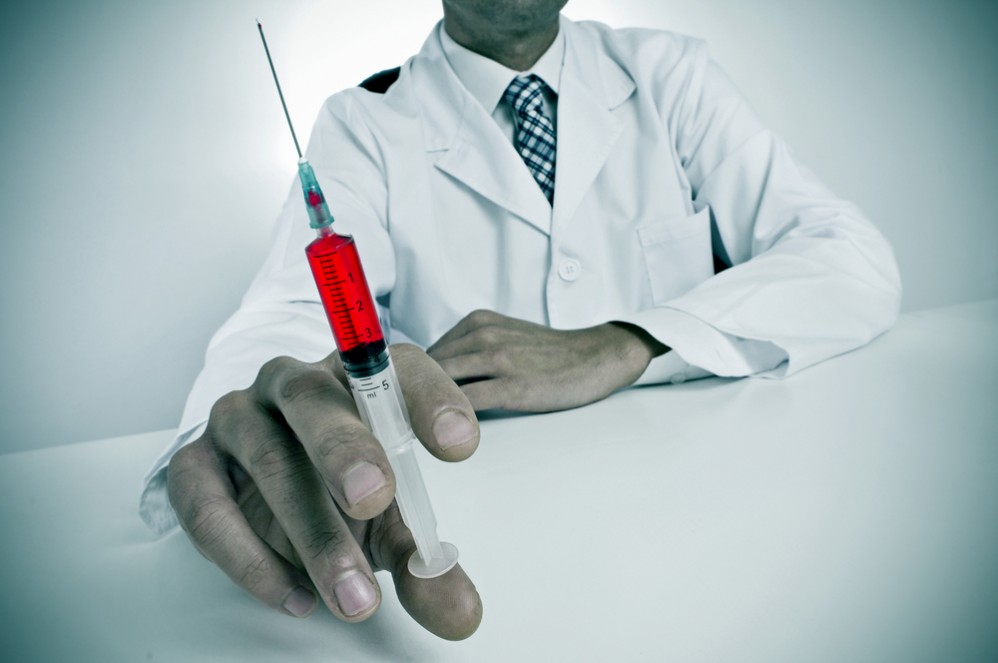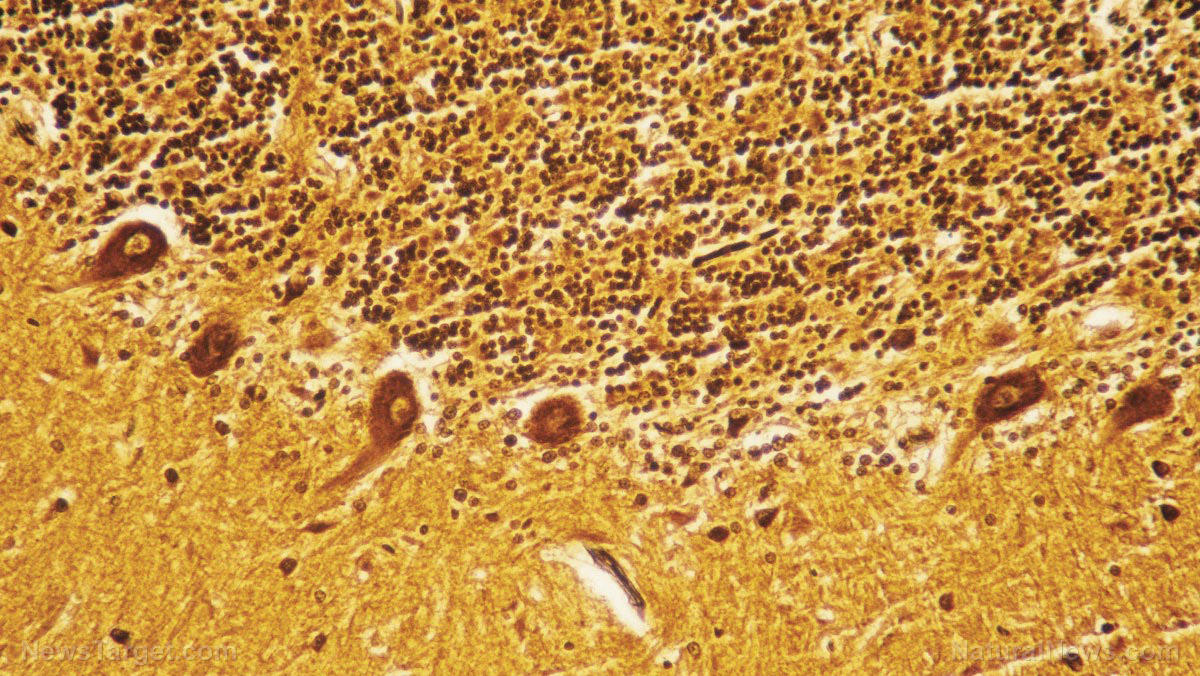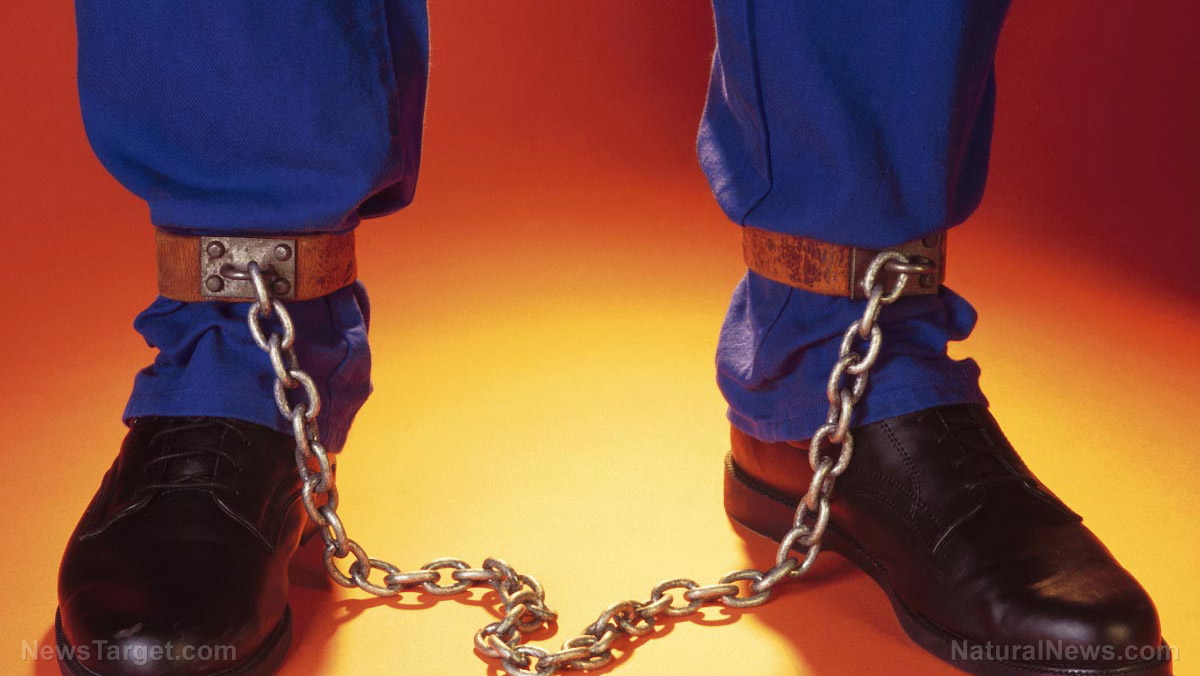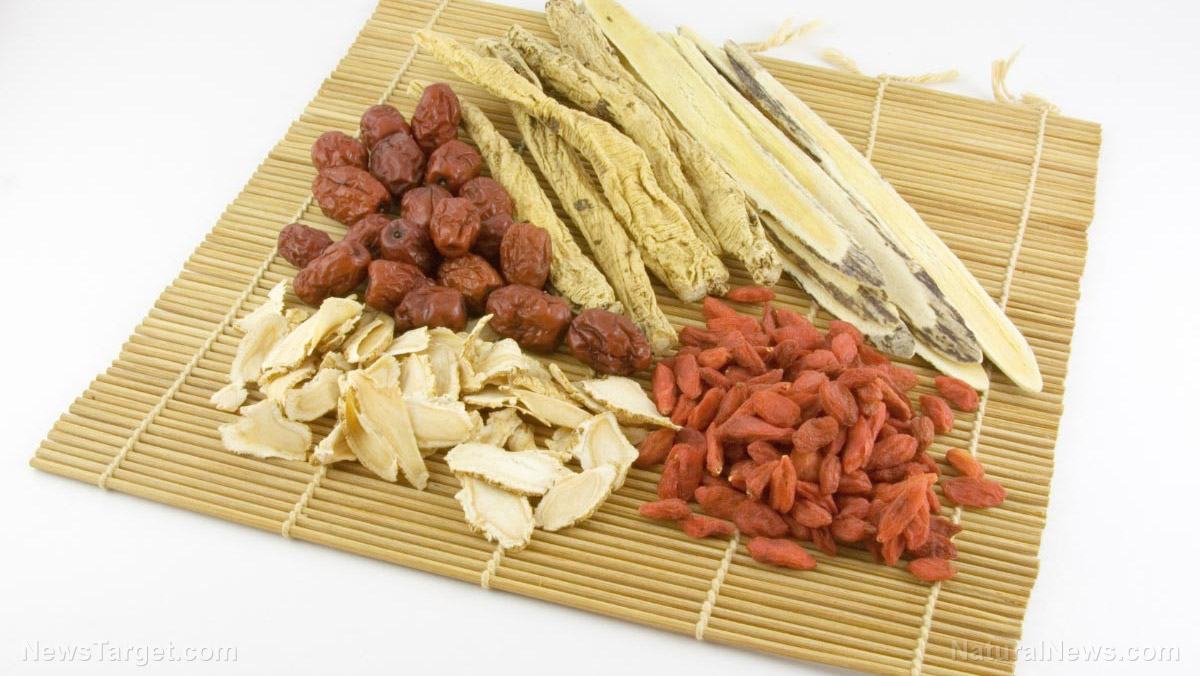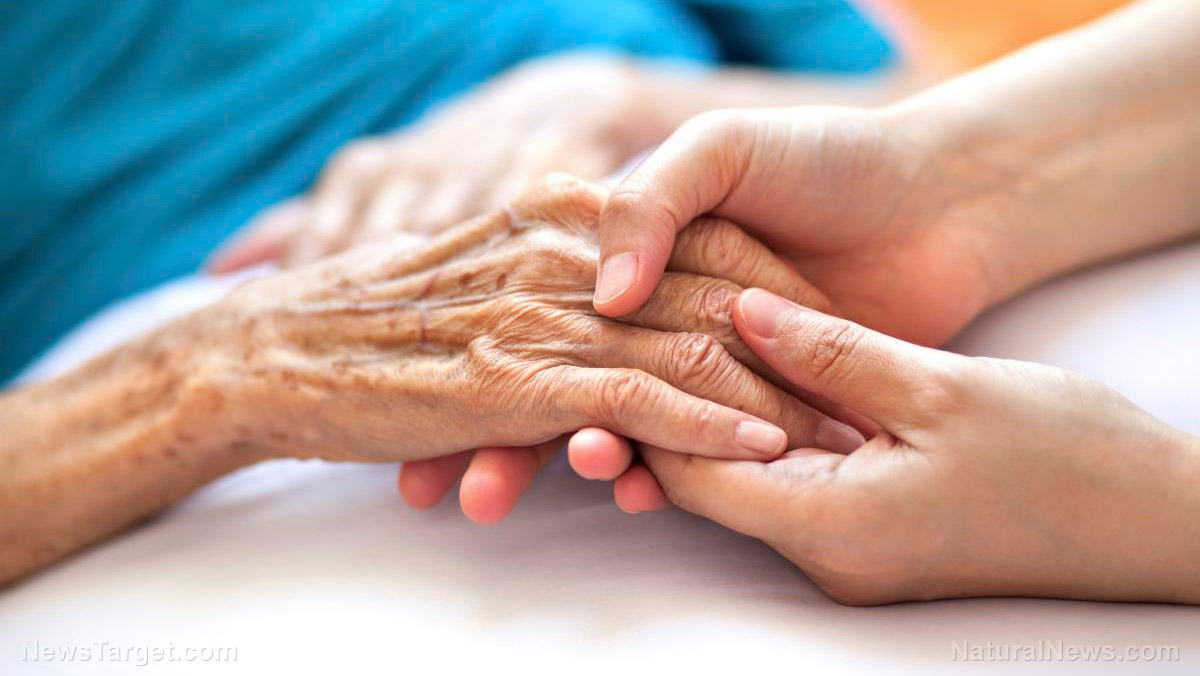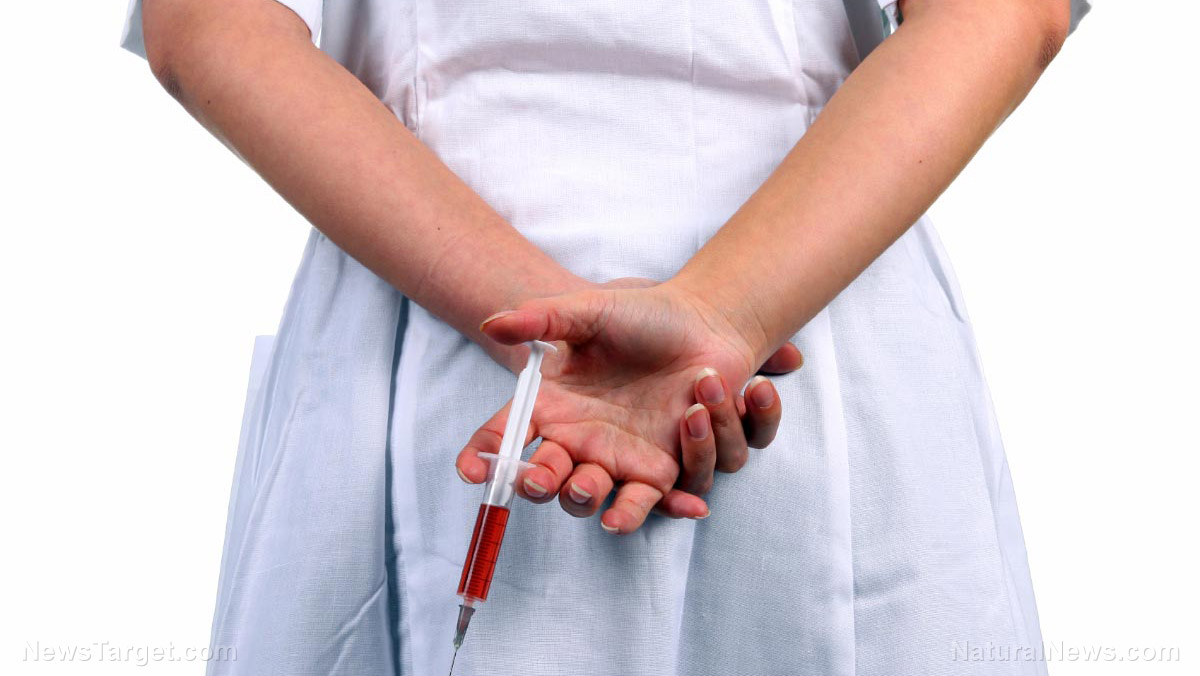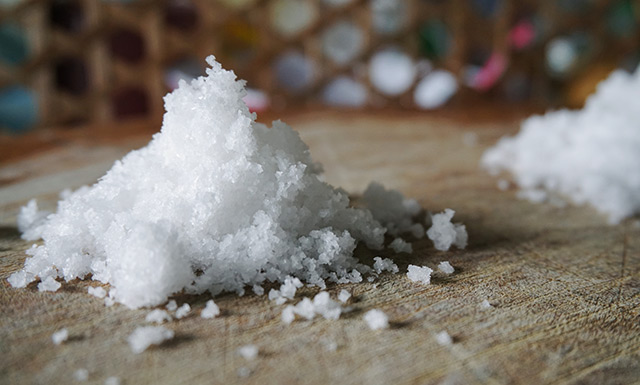Assisted suicide in Canada has created a glut of organ donations
01/09/2020 / By Ethan Huff

The Canadian newspaper Ottawa Citizen is celebrating the legalization of assisted suicide in Canada because now there are a whole lot more organs and tissues available for desperate patients.
Because Ontario’s transplant waiting list is usually around 1,600 patients at any given time, according to the paper, this abundance of new organs and tissues is decreasing the waiting time for these government-run transplant procedures.
Known euphemistically as “MAiD,” this organ and tissue donation system relies on a steady stream of suicided corpses from which to harvest – something that the Ottawa Citizen has eagerly been promoting even before assisted suicide became legal in Canada back in 2016.
“According to Trillium Gift of Life Network, which oversees organ and tissue donation in Ontario, the 113 MAiD-related donations in 2019 accounted for five per cent of overall donations in Ontario, a share that has also been increasing,” the paper report.
“In 2018, MAiD-related donations made up 3.6 per cent of the province’s total donations, and in 2017 just 2.1 per cent.”
The Trillium Gift of Life Network has been at the “forefront” of this organ and tissue donation program ever since assisted suicide was legalized. The group has been “proactively” reaching out to people it deems probable candidates for assisted suicide in order to pair their body parts up with hopeful recipients.
While Canadian law dictates that organs can only be harvested from assisted suicide victims if they die in a hospital, Dr. Moira McQueen of the Canadian Catholic Bioethics Institute says that there’s a compromise situation in which an assisted suicide victim can be given the first set of lethal injections at home, and taken to the hospital after that for the final set.
“At that point, having lost consciousness at home as they wished, the donor could then be shuttled to the hospital where the final lethal injection would kill him and his organs would be harvested,” writes Jonathon Van Maren for LifeSiteNews.
Has society lost all sense of the value and dignity of human life?
To make matters worse, a pair of Montrealers sued their province over a clause in its assisted suicide law that required natural death to be “reasonably foreseeable” as a qualifying restriction – meaning a person has to “be at the end of life” in order to legally kill himself with the help of a physician.
The Ottawa Citizen was nothing but glee when this provision was struck down because it means that even more organs and tissues will now be available for patients who want them.
“To summarize that: Expanding the eligibility criteria for assisted suicide is a positive thing because more dead people means more available organs,” Van Maren goes on to write.
“Further to that, allowing people who are not dying in the short-term to have themselves killed means that the likelihood of getting organs in better condition (i.e. not damaged by disease) grows significantly.”
Harvesting organs from euthanasia patients, as we previously reported, was only just made legal back in the summer, which means this is a relatively new phenomenon. And it’s one that’s eerily similar to Planned Parenthood’s aborted baby body parts racket, which we now know was tailored around preserving “fresh” and undamaged “specimens” in order to harvest the best organs and tissues.
“This is also apparently a good thing,” Van Maren concludes. “At no point, it must be noted, does the Ottawa Citizen‘s glowing coverage quote anyone with any ethical concerns about approaching suicidal people with requests for their organs.”
“Apparently, we’ve moved past all that.”
For more related news about the collapse of morality throughout Western medicine, read MedicalExtremism.com.
Sources for this article include:
Tagged Under: assisted suicide, boon, Canada, depopulation, euthanasia, medical ethics, Medical Tyranny, medical violence, murder, organ donation, organ donations, organ harvesting, organ transplants, organs, sick, tissue, twisted
RECENT NEWS & ARTICLES
COPYRIGHT © 2018 EUTHANASIA.NEWS
All content posted on this site is protected under Free Speech. Euthanasia.news is not responsible for content written by contributing authors. The information on this site is provided for educational and entertainment purposes only. It is not intended as a substitute for professional advice of any kind. Euthanasia.news assumes no responsibility for the use or misuse of this material. All trademarks, registered trademarks and service marks mentioned on this site are the property of their respective owners.


